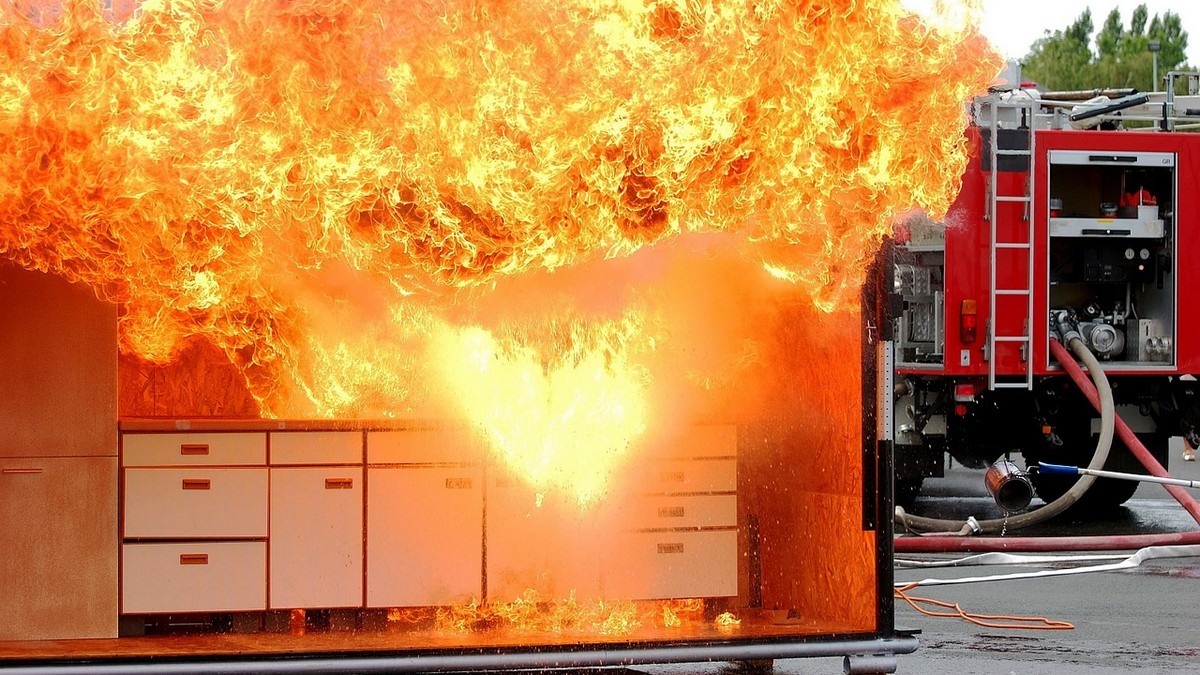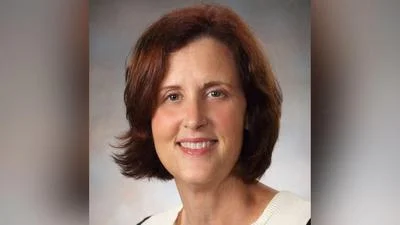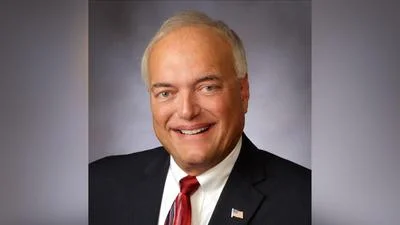It's Fire Prevention Week, and the Ohio Fire Marshal’s Office has teamed up with the National Fire Protection Association (NFPA) to remind citizens of ways they can protect themselves and their homes from accidental fires.
There has been an increase in fires and injuries in the past few years. To date in 2020, there have been 2,368 of these incidents, up from 2,129 in 2019. Cooking in the home is the leading cause of home fires and related injuries, according to the NFPA; but there are things that Ohio residents can do to lessen the potential for a flare-up and possible injuries in their kitchens.
“So many of these often-preventable fires are caused by unattended cooking, placing combustibles too close to the stovetop and forgetting to turn off burners,” Ohio State Fire Marshal Kevin Reardon said. “Small actions, such as staying in the kitchen, setting a timer and avoiding distractions can go a long way in keeping you and your loved ones safe.”
Paying close attention when preparing meals and snacks can improve the odds of safe cooking, but there’s something else that property owners can do to keep their families safe: make sure the property insurance is adequate. It’s important to read a homeowner's policy and ensure that the coverage amounts are sufficient. Once that’s done, you can feel comfortable that your home and personal possessions are protected and safe— and you’ll be able to replace the replaceable, should the worst happen.
A few tips to prevent cooking-related fires
- When you’re heating foods, it’s important to pay attention to them and stay in the kitchen for the duration of the cooking. If you’re frying, grilling or broiling foods, its especially important to stay near the stove and keep an eye on the process.
- If baking, simmering or roasting foods, check the progress frequently. Don’t just set it on (or in) the stove and forget it. A timer is a great tool to keep your awareness high.
- Keep flammable materials and items away from the burners. Dish towels and paper towels should be far away from the stovetop to lessen the potential for problems.
- Create a kid-free zone around the prep space and all cooking equipment. Marshal Reardon and the NFPA suggest three feet as a minimum buffer zone.
- Heat oil slowly. This helps to keep splattering grease— and burns— to a minimum.
- Make sure the stove and oven are off when not in use. Never use either to heat your home.
Fire preparedness
You never know when a fire will happen, but it helps to be prepared. Here are a few tips:
- Keep an ABC multipurpose dry chemical fire extinguisher near the working kitchen.
- Do not use water to put out a grease fire. Water makes it worse.
- Turn off the stove or burner and put a lid on the pan if a fire does start when you’re cooking.
- Make sure your family knows the escape plan and has practiced multiple times each year.







